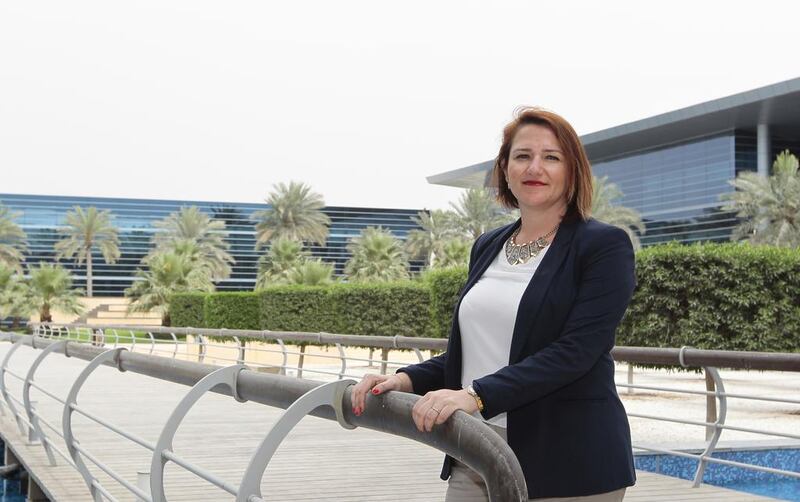ABU DHABI // Young girls might be getting advice on how to stay thin from websites and blogs that encourage eating disorders, experts have said.
On the internet there are many pro-anorexia and pro-bulimia websites that post images of extremely thin women as role models, and the sites also offer tips on hiding eating disorders from one’s family and friends.
Dr Fareeha Sadiq, a psychiatrist at Camali Clinic in Dubai, said content such as this was potentially dangerous for impressionable youngsters.
“Pro-anorexia and pro-bulimia material on sites such as Instagram, tumblr, blogs and Facebook has increased,” she said.
“The age where anorexia often develops is an important time for peer relationships too. Adolescents may use the internet to seek support from others in a similar position,” she said.
Beat, a charity in the UK that supports those affected by eating disorders, and the Royal College of Psychiatrists, have been looking at how to address the effect of these sites.
“I recommend that parents and carers make sure they are up to date with technology, and are aware of the content their children are accessing and who they are talking to online. Also setting age-appropriate rules for computer use could be helpful,” Dr Sadiq said.
Dr Lavina Ahuja, a consultant psychologist with Lifeworks Dubai, believed there should be more research into the numbers of young people using these websites.
“[Such] websites are accessed, and it is the younger generation who use them,” she said.
“However, there aren’t statistics available about this, and it is probably significantly under reported,” she said, adding that such websites often include information about how to survive on as little food as possible.
“This gives rise to an unhealthy competition, which is scary. Trying to show anyone with an eating disorder that they are too thin, and what they are doing is harmful to themselves, is difficult and these websites make it look glamorous.”
Youngsters with eating disorders are often very secretive about their food issues, she said.
“A lot of people who have an eating disorder just say they are on a diet. These websites should be banned, if possible, as they make harming yourself look normal,” Dr Ahuja said.
Last year, Mirey Karavetian, an assistant professor of nutrition at Zayed University in Dubai, conducted a study in Sharjah on eating disorders among secondary school pupils.
Of the 508 adolescent girls who were questioned, about 30 per cent admitted they had had an eating disorder.
She said that for many of the respondents the desire to be thin was a dangerous obsession.
“I believe they might be expressing themselves through controlling their diet. You want to have control of something in your life. Also, here, it is a huge part of the culture to be married and part of that is to have a perfect body so they are chosen,” Ms Karavetian said.
The study, which was conducted with the help of Alla Mansour, found many of the respondents felt dissatisfied with their bodies.
It revealed that the major reason for this was images in the media and bullying from family members.
It concluded that future studies should start prioritising educational campaigns in schools and within families, targeting eating disorders to prevent deterioration in the health of the country’s young generation.
Ms Karavetian said she believed that some of her students do visit pro-anorexia websites.
“I always see my students on their phone searching for different things. I am sure if these websites are there, these girls are looking at it,” she said.
“Increase their awareness about the issue so they know when they are falling into the trap of the disease.”
The professor said schools and health authorities should be trained to prevent the problem from growing.
arizvi2@thenational.ae






